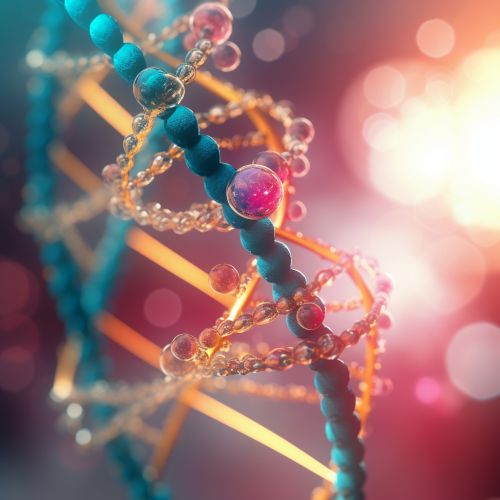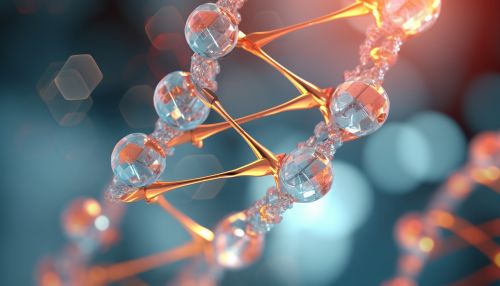Epigenetic Therapy
Introduction
Epigenetic therapy refers to the use of drugs or other epigenome-influencing techniques to treat medical conditions. Epigenetics is the study of changes in organisms caused by modification of gene expression rather than alteration of the genetic code itself. Epigenetic therapy is a relatively new and rapidly evolving field, with many potential applications in medicine, including the treatment of cancer, neurological disorders, and cardiovascular diseases.


Epigenetics
Epigenetics involves changes in the structure of Deoxyribonucleic Acid or associated proteins, which can alter gene expression without changing the underlying DNA sequence. Epigenetic changes can be stable and heritable, meaning they can be passed on from cell to cell as cells divide, and sometimes from one generation to the next. Epigenetic changes are a normal part of development and aging, but they can also be influenced by environmental factors such as diet, stress, and toxins.
Mechanisms of Epigenetic Regulation
Epigenetic regulation of gene expression involves several mechanisms, including DNA methylation, histone modification, and non-coding RNA molecules.
DNA Methylation
DNA methylation is a process by which methyl groups are added to the DNA molecule, usually at a cytosine or adenine DNA base. This modification can change the activity of a DNA segment without changing the sequence. When located in a gene promoter, DNA methylation typically acts to repress gene transcription.
Histone Modification
Histones are proteins that help package DNA into a compact, efficient form. They can be modified by the addition or removal of various types of chemical groups, including acetyl, methyl, and phosphate groups. These histone modifications can influence gene expression by making the DNA more or less accessible for transcription.
Non-Coding RNA
Non-coding RNAs are RNA molecules that do not code for proteins but can regulate gene expression in other ways. Some non-coding RNAs, known as microRNAs, can bind to messenger RNAs and prevent them from being translated into protein.
Epigenetic Therapy
Epigenetic therapy involves the use of drugs or other interventions to correct abnormal epigenetic modifications. Many diseases, including cancer, are associated with changes in the epigenetic landscape of cells. Epigenetic therapy aims to reverse these changes and restore normal control of gene expression.
Cancer
In cancer, certain genes that control cell growth and division may be turned off, or silenced, by epigenetic modifications. Epigenetic therapy for cancer aims to reactivate these silenced genes and restore normal control of cell growth. Several epigenetic drugs have been approved for the treatment of certain types of cancer, including azacitidine and decitabine for myelodysplastic syndrome, and vorinostat for cutaneous T cell lymphoma.
Neurological Disorders
Epigenetic changes are also involved in several neurological disorders, including Alzheimer's disease, Parkinson's disease, and Huntington's disease. Epigenetic therapy for these conditions is still in the experimental stages, but it holds promise for the future.
Cardiovascular Diseases
Epigenetic changes can also contribute to cardiovascular diseases, such as atherosclerosis and heart failure. Epigenetic therapy for these conditions could involve drugs that target DNA methylation or histone modifications.
Future Directions
Epigenetic therapy is a rapidly evolving field, and many new drugs and techniques are currently being developed and tested. Future directions for epigenetic therapy may include the development of more specific drugs, the use of gene editing techniques to directly modify the epigenome, and the application of epigenetic therapy to a wider range of diseases.
